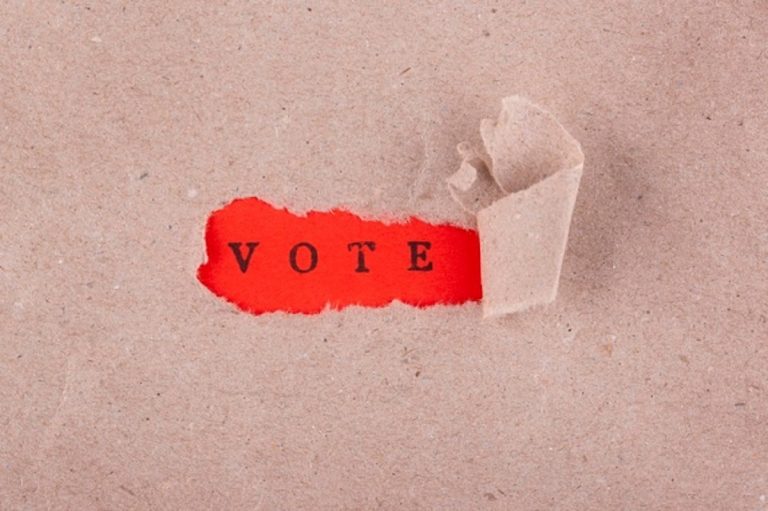Research by the STEM institute showed that Czech voting in the recent elections was the expression of a desire for positive change in society, rather than a display of dissatisfaction. Credit: Freepik.
Czech Rep, Nov 19 (BD) – Data collected by the non-profit STEM Institute shows that Czechs voted in the recent general election with the hope of changing things for the better, and not out of dissatisfaction and concern. The data was collected from October 15th to 25th, from a sample of 1,074 respondents over the age of 18.
“Can you tell us what was the main reason for your participation in the elections of the Chamber of Deputies? “
According to the graph, 26% of voters did so because participation is an obvious decision, a fundamental right that must not be given up. In this category, 37% have a medium-high level of education. But only a minority of young people under 29 agree with this statement (17%).
24% replied that the reason they voted was to support a certain political program or party. In this category are mostly supporters of ANO and the Communist Party.
The other 24% stated instead that they voted for fear of a deterioration in the political situation, therefore for dissatisfaction with the current situation and in the hope of making a change. Among the respondents, 39%, the majority, voted for the Spolu alliance, which is leading the formation of the new government. 8% voted for fear of a deterioration in the economic situation in the Czech Republic.
9% of respondents said they voted to bring new faces into politics, of which the majority voted Pirates and Stan.
Therefore, only a third of the respondents voted out of a feeling of fear or dissatisfaction, while the majority voted for positive reasons or in support of a political program.
The survey also revealed that most of those who did not vote were in the 30-44 age group, arguing for the most part (17%) that they did not see any politician in whom to place their hopes, with 15% saying they did not go to the polls because they believed the vote would not change the political situation.
As usual, those who have less expectations in politics are people with low-medium education and training (58%) and young people under 29 (52%).
Which of the following statements best describes your election decision? “I have chosen a party or a coalition…”
This year, voters only partially chose parties or coalitions that fully aligned with their views and interests (29% of all voters).
Of those who said they voted for a party that fully corresponds to their opinions and personal interests, they were above all people with basic education (36%) and adults over 60 (37%). Graduates also declared that they voted according to their political faith by voting for a party very close to their political views (63%).
Others chose a party or coalition close enough to their views as an acceptable compromise (48%). The most hesitant groups, voting for “the least worst”, were the 45-59 group (29%) and people with secondary education (27%).
Less than a quarter of voters (23%) described their choice as a way out of the emergency, that is, a party not too close to their views but still better than the others.
Finally, most voters believed that the political elections were a judgment on Prime Minister Babiš.
“In this election to the Chamber of Deputies, the key question for you was whether Andrej Babiš will be the winner of the election and the next prime minister?”
Many saw the elections as a kind of referendum on Babiš and his government, especially supporters of ANO (the party of the outgoing prime minister) and the opposition alliances, PirSTAN and SPOLU.






